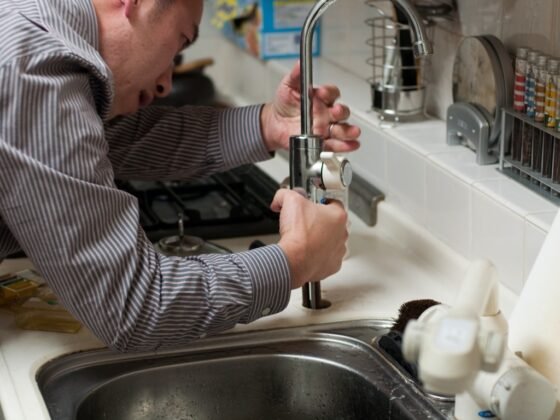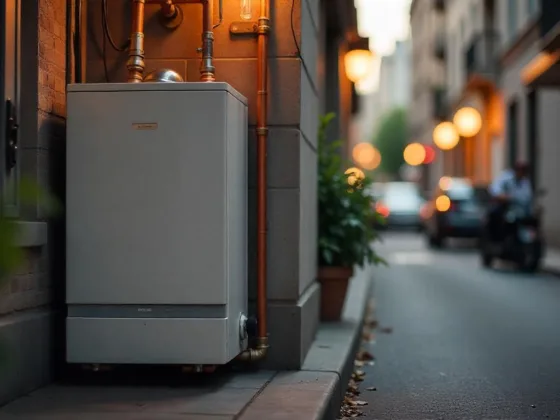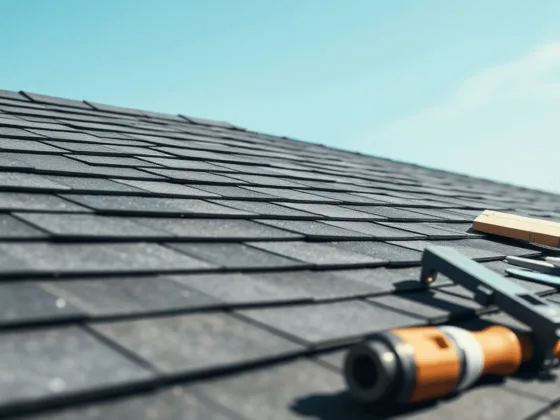Vinyl flooring has gained considerable popularity among homeowners and commercial property owners alike, owing to its durability, versatility, and affordability.
However, like any flooring option, it comes with its own set of advantages and disadvantages. Here’s an honest review of the pros and cons of vinyl flooring, intended as a comprehensive guide for anyone considering it for their space.
Pros of Vinyl Flooring
Durability and Resilience: Vinyl flooring is known for its toughness and can withstand high foot traffic without wearing down easily. It’s resistant to scratches, dents, and stains, making it an excellent choice for busy households and commercial spaces.
Water Resistance: One of the standout features of vinyl flooring in Dubai is its water-resistant properties. It can handle spills, moisture, and even flooding without being damaged, which makes it ideal for bathrooms, kitchens, and basements.
Affordability: Compared to hardwood, stone, or ceramic flooring, vinyl offers a cost-effective alternative. It provides the look of more expensive materials without the hefty price tag, making it accessible to a wider range of budgets.
Ease of Installation: Vinyl flooring is relatively easy to install, and many types come with click-lock designs that allow for floating floor installation without the need for nails or glue. This makes it a great DIY project for handy homeowners.
Versatility in Design: With advancements in printing technology, vinyl flooring now comes in a wide array of designs, patterns, and textures. It can mimic the look of natural wood, stone, and tiles, offering plenty of options to match any decor style.
Comfort and Sound Absorption: Vinyl flooring is softer underfoot compared to hard surfaces like ceramic or stone, providing a more comfortable walking experience. It also has sound-absorbing properties, reducing noise levels in busy areas.
Cons of Vinyl Flooring
Environmental Impact: Vinyl flooring is made from synthetic materials, primarily PVC, which is not biodegradable. Its production and disposal raise environmental concerns, including the release of harmful chemicals.
Susceptibility to Fading and Damage: While vinyl is durable, it can be susceptible to fading if exposed to direct sunlight for extended periods. It can also be punctured or gouged by sharp objects, necessitating careful use and maintenance.
Difficult to Repair: Once damaged, vinyl flooring can be difficult to repair. In many cases, the entire plank or tile must be replaced rather than repaired, which can be a hassle and potentially noticeable if the replacement doesn’t exactly match the original.
Health Concerns: Some vinyl flooring products have been known to emit volatile organic compounds (VOCs), especially when new. These chemicals can have short-term and long-term health effects, though stricter regulations have led to reduced VOC emissions in newer products.
Subfloor Preparation: Vinyl flooring requires a very smooth and level subfloor for installation. Any bumps, gaps, or imperfections can telegraph through the vinyl, potentially leading to wear and tear or an uneven surface.
Limited Increase in Property Value: Unlike hardwood or stone flooring, vinyl does not significantly increase the value of a property. It’s often not considered a premium flooring option by potential homebuyers.
Conclusion
Vinyl flooring offers a versatile, affordable, and durable option for various settings, balancing style and functionality. However, its environmental impact, potential health concerns, and limitations in repair and property value enhancement are factors to consider.
Weighing these pros and cons will help you make an informed decision that aligns with your priorities, lifestyle, and budget. Whether for a residential upgrade or a commercial project, understanding these aspects ensures that your choice of flooring will meet your long-term needs and expectations.










